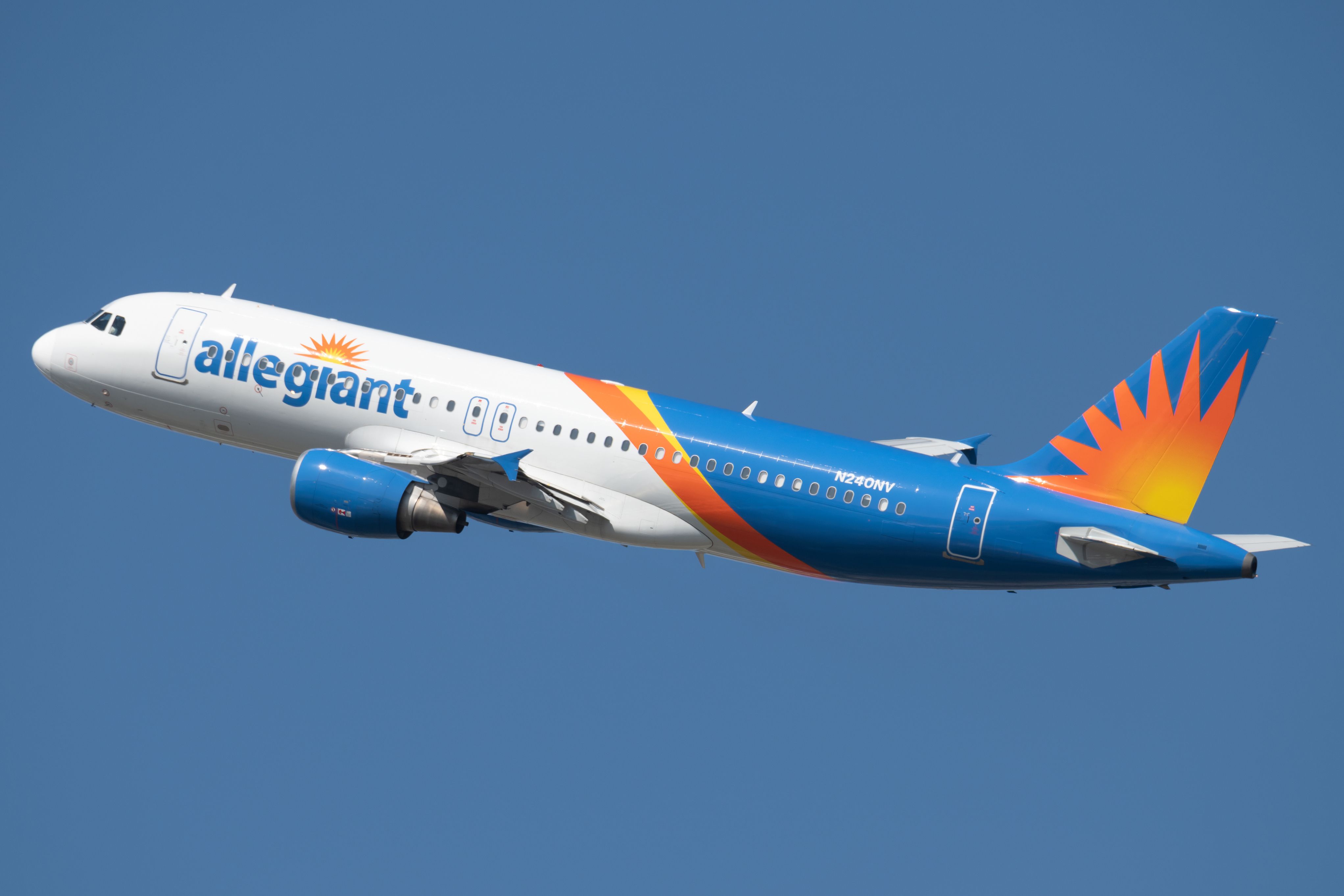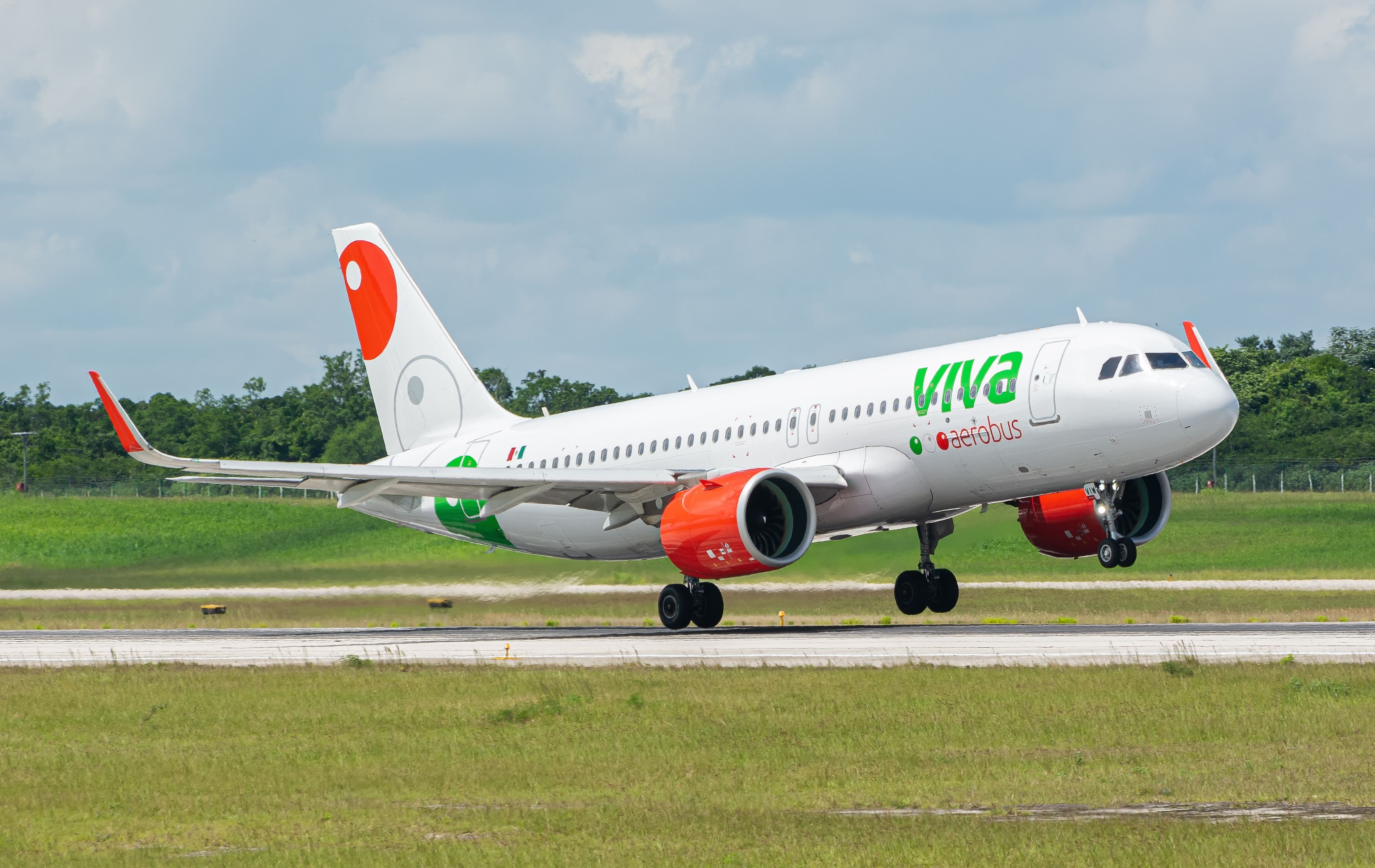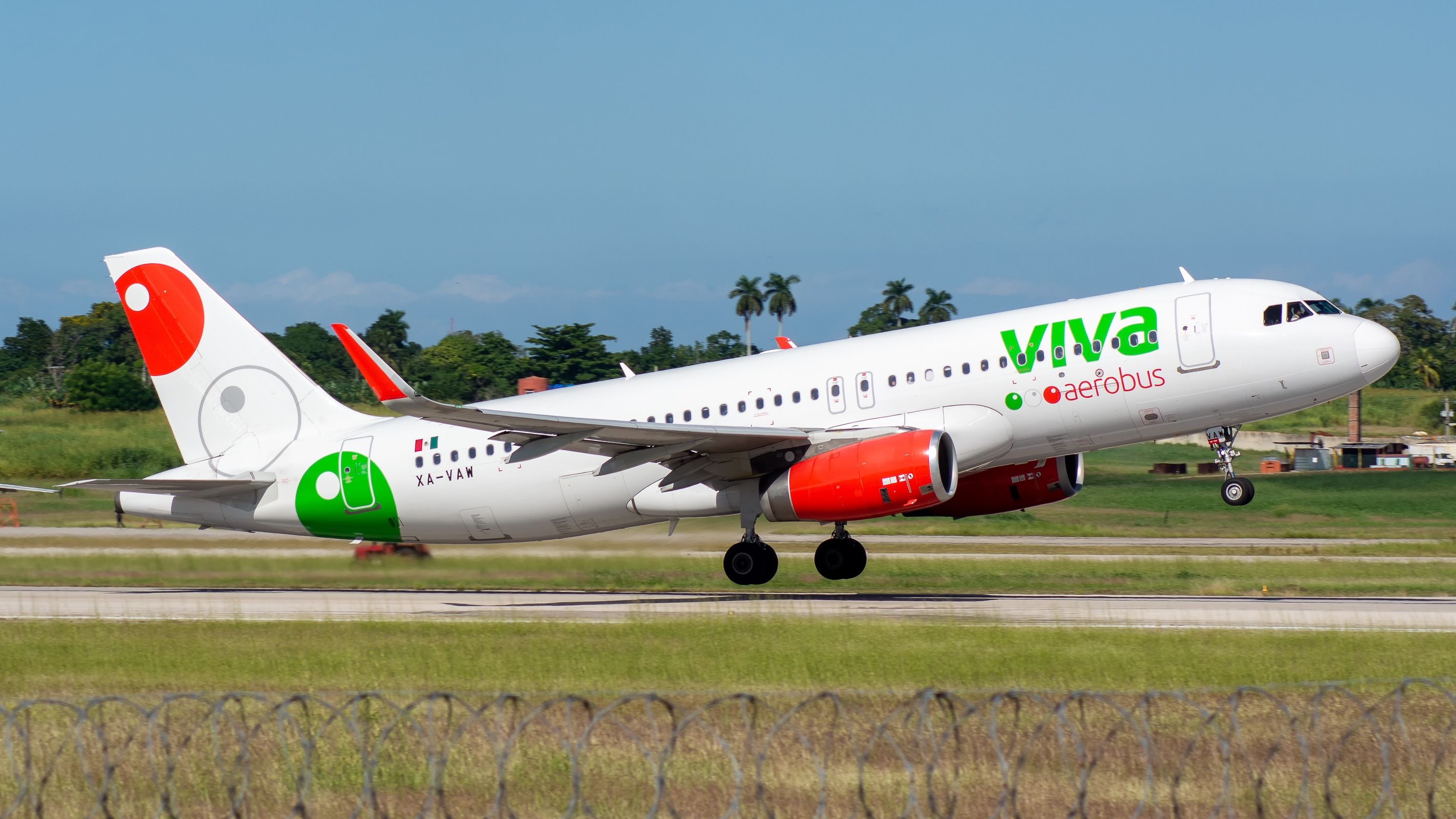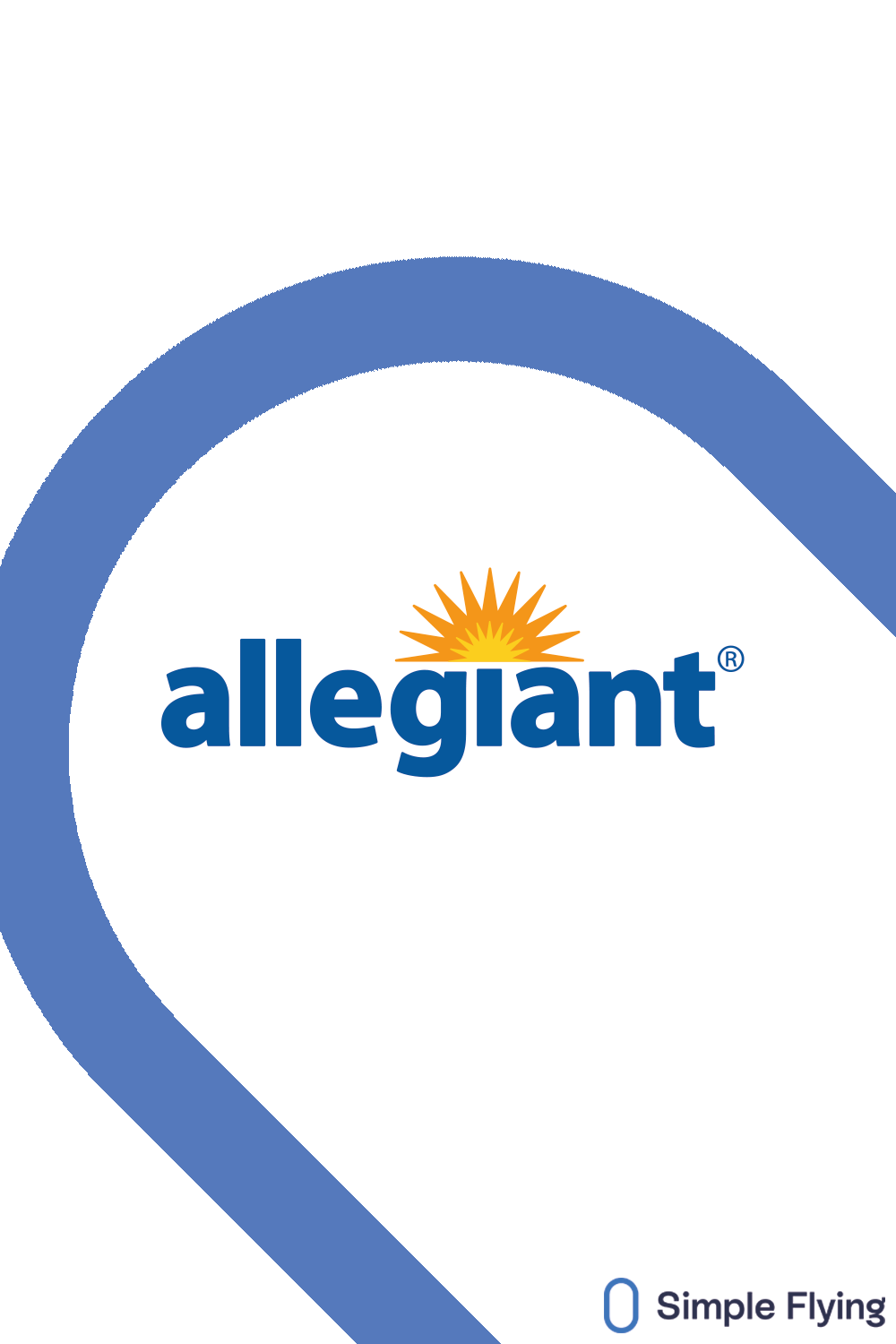The Department of Transportation (DOT) has finished its initial review of the joint application for approval of antitrust immunity for the alliance agreements between Allegiant Air and Mexican ultra-low-cost carrier Viva Aerobus.
DOT’s first review
On January 12th, the DOT announced it had finished its initial review of Allegiant and Viva Aerobus’ application and all supporting material. Now, the DOT has launched a procedural schedule for public comments. The two ultra-low-cost carriers filed a joint application on December 1, 2021, requesting approval of antitrust immunity for an alliance agreement covering air transportation between the United States and Mexico. The process was suspended a few days later, and the DOT requested both airlines to provide additional information. Viva Aerobus and Allegiant Air filed a new proposal in August 2022.
Find the latest South American aviation news here.
If fully approved and operational, the Allegiant-Viva Aerobus joint venture agreement would see up to 150 routes by 2030, according to Allegiant’s John Pepper, Vice President of Corporate Development. It would also be the first partnership of its type between two ultra-low-cost carriers. Currently, Delta Air Lines and Aeromexico have a joint venture, and Volaris and Frontier have a codeshare agreement in the Mexico-US market.
Mexico’s Category 2 downgrade is still an issue
Despite the DOT moving forward with the initial review of the joint venture partnership, Viva Aerobus and Allegiant’s alliance is far from a done deal. Before it can happen, something out of the hands of either of these airlines must take place: Mexico must regain its Category 1 status to the Federal Aviation Administration (FAA).
The FAA downgraded Mexico to Category 2 status in May 2021 after finding out that the country did not meet the safety standards of the International Civil Aviation Organization (ICAO). While this rating allows Mexican carriers to continue existing service to the United States, it prohibits any new service and routes. Moreover, US airlines “will no longer be able to market and sell tickets with their names and designator codes on Mexican-operated flights.” That means no codeshare agreements.
The process to regain Category 1 status has taken longer than expected. Moreover, the FAA’s NOTAM system outage this week delayed the process even further, Mexico authorities announced.
Viva Aerobus and Allegiant Air Joint Venture explained
This fully-integrated Commercial Alliance Agreement is designed to “dramatically expand options for nonstop leisure air travel between the United States and Mexico.” Both carriers will coordinate across different areas of operations, including codesharing, scheduling, marketing, information systems, and loyalty programs (Viva Aerobus launched its loyalty program, Doters, last year).
Additionally, Allegiant Air will make a US$50 million investment in Viva Aerobus. “Combining the unique product offerings, networks, and market experience of two of the world’s fastest-growing ULCCs, the alliance will achieve important public benefits that neither Allegiant nor Viva Aerobus could provide independently,” said the carriers in a statement in 2021.
Viva Aerobus also expects to increase the company's brand awareness across the United States. The Mexican ultra-low-cost carrier has been on the record in the past, saying that many routes had been unsuccessful because the company couldn’t get a grip on the flying public. A partnership with Allegiant Air could help overcome that issue.
What do you think about Viva and Allegiant’s joint venture agreement? Are you excited about it? Let us know in the comments below.




